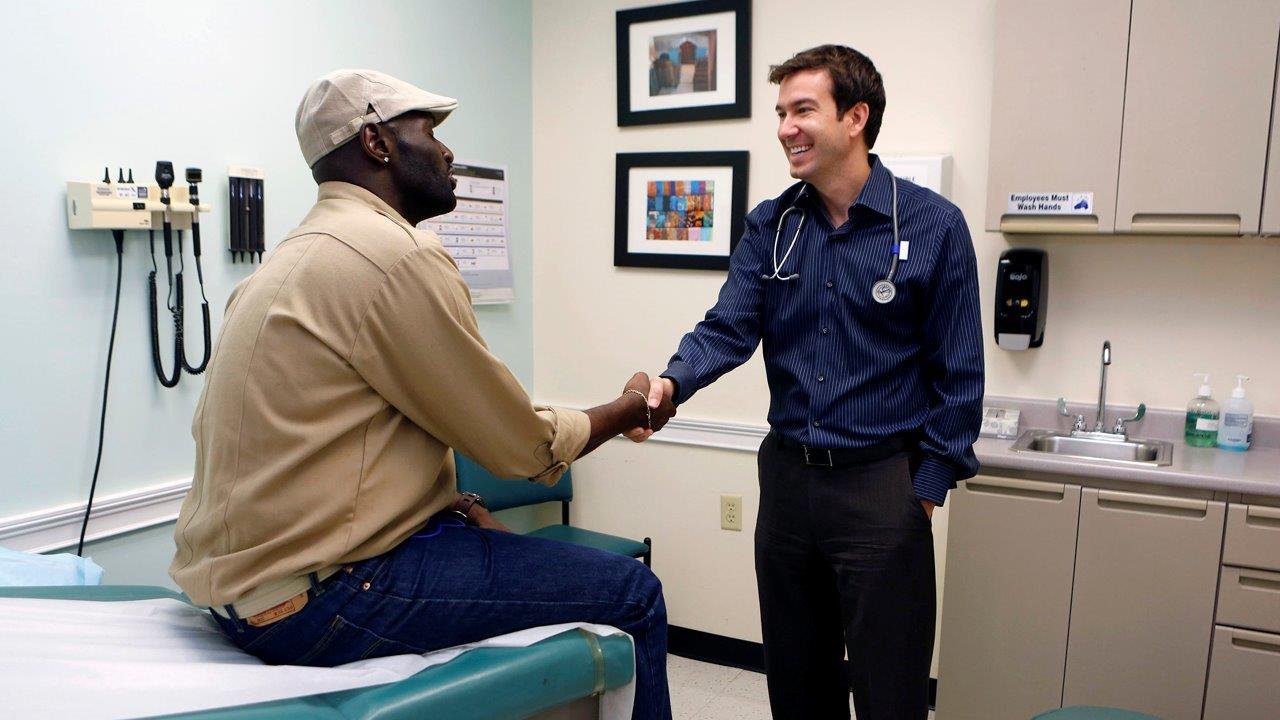House Majority Leader McCarthy: I'm Actually Very Encouraged by the CBO Report
House Majority Leader Kevin McCarthy (R-Calif.) says he's "very encouraged" by a Congressional Budget Office analysis of the Republican health care bill, despite a projection that 24 million fewer Americans would have health insurance under the plan.
“We’re repealing the individual mandate, so there are people who do not want insurance that are forced to have insurance that will choose not to have it," McCarthy told the FOX Business Network's Maria Bartiromo. “I’m actually very encouraged by the CBO report. One, it lowers the premiums, the biggest concern people have out there. Secondly, that it lowers the deficit. And when you look at the small business confidence just booming, that’s because it takes away more than $800 billion of tax burden on them.”
McCarthy said the CBO report on the American Health Care Act is merely scoring the first of three phases of the plan to replace Obamacare. McCarthy says over time, the plan will give consumers more choice at a lower cost.
“People are going to have more choice, prices going to be lower, at the end of the day more people are going to be encouraged to be able to have health care under the health care they choose to have.”
Asked about the plan's impact on Medicaid, McCarthy said “Medicaid cannot sustain itself, the expansion of Medicaid right now if you look in just the 10-year window will cost us $1 trillion in the tenth year. That’s how much we spend on the entire discretionary budget from the military to the CIA to the Dept. of Agriculture.”
McCarthy said the bill deals with the potential rise in Medicaid spending by giving governors more control over Medicaid, telling the Bartiromo governors have asked for flexibility in managing Medicaid. “And that’s exactly what we’re doing.”
McCarthy said focusing first on the repeal and replacement of Obamacare will lead directly to addressing tax reform.
“Once we get done with health care, and this is what CBO says as well, it’s repealing more than $800 billion worth of taxes. Well that lowers the baseline that allows us to do and broaden tax reform, that’s where we’ll go next once health care is done.”




















